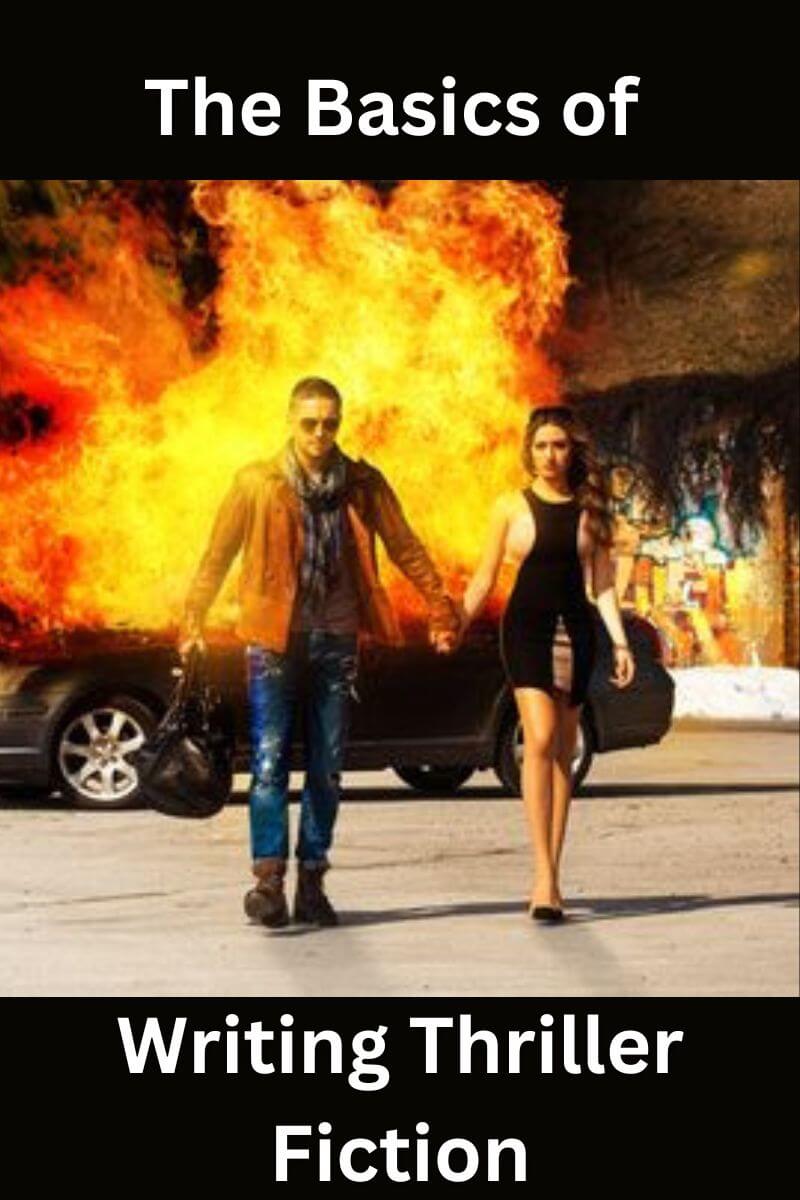I'm Probably Doing This Wrong
by Arianna
(MD)
Hi. So, I'm working on my second draft of a manuscript wherein my main character, Tyla, has to overcome a series of obstacles involving her mental health conditions.
There are some areas of the book where I mention things such as cutting and suicide attempts, etc. I do NOT under ANY circumstance romanticize them because I understand that romanticizing those things is wrong on so many levels.
Is it wrong to talk about those things in a manuscript geared toward young adults/teens? Would it trigger certain thoughts for some people?
I understand that we're supposed to write about what we know and love and connect with but I don't want anyone to hurt themselves - or anyone else, knowing the plot - because of my manuscript.
Thank you.
Answer: Ah, yes. This is one of the great dilemmas writers face. On the one hand, we have an artistic imperative to be ruthlessly honest, so that readers can feel they are being taken on an authentic journey that, though fictional, represents true live experience. Omitting the dark side of humanity turns stories into falsehoods.
On the other hand, we have a moral imperative not to cause harm. When writing of the dark or sinister aspects of life, we hope we don't encourage crime or self-abuse.
Personally, I like to think that if we are being ruthlessly honest, the dark side will not be appealing--at least not on balance. If we tell all sides of an issue, it should be apparent that there are better options than those which are destructive.
Of course, there can be some artifice about this. As a writer, you are free to present evidence in such a way that the reader can work out for themselves the thematic message of the story. Obviously, you can't stack all the evidence on one side or the other, because that comes across as unrealistic and preachy. You have to have
That said, there will always be some readers who fail to get the message. Many years ago, I was teaching the novel Rumblefish by S.E. Hinton to a group of teenagers. In this book, the main character, Rusty James, is clearly on a path that will lead to his early death--probably in the kind of gang war he admires. All the smart people in the book recognize that the gang fights of the past were a bad thing, except Rusty James, who is not very bright.
Yet, the first reaction of the students in my class was that gang fights sounded cool.
Similarly, Michael Douglas's speech in the film Wall Street in which he proclaims "Greed is good," was intended as an indictment of the evils of unrestrained greed. Instead, it inspired a generation of Wall Street traders to embrace greed and concoct a series of fraudulent schemes from Enron to the subprime mortgage debacle.
Another example: Anthony Burgess's novel, A Clockwork Orange, was inspired by a horrific home invasion he suffered. When the film version came out, Burgess managed to have it banned from being shown in the UK out of fear it would inspire youths to acts of violence. Perhaps he felt that those youths most likely to commit crimes would watch films but not read books.
In the end, I feel that the only way to ever be 100% certain no one gets the wrong message is to stop writing--which would also stop readers from getting the right message. And I like to think the right message will win out with most people, so long as you make sure it is there to be discovered in your work.
But you have to find your own solution.
Comments for I'm Probably Doing This Wrong
|
||
|
||
- Home
- Writing Questions
- I'm Probably Doing This Wrong











